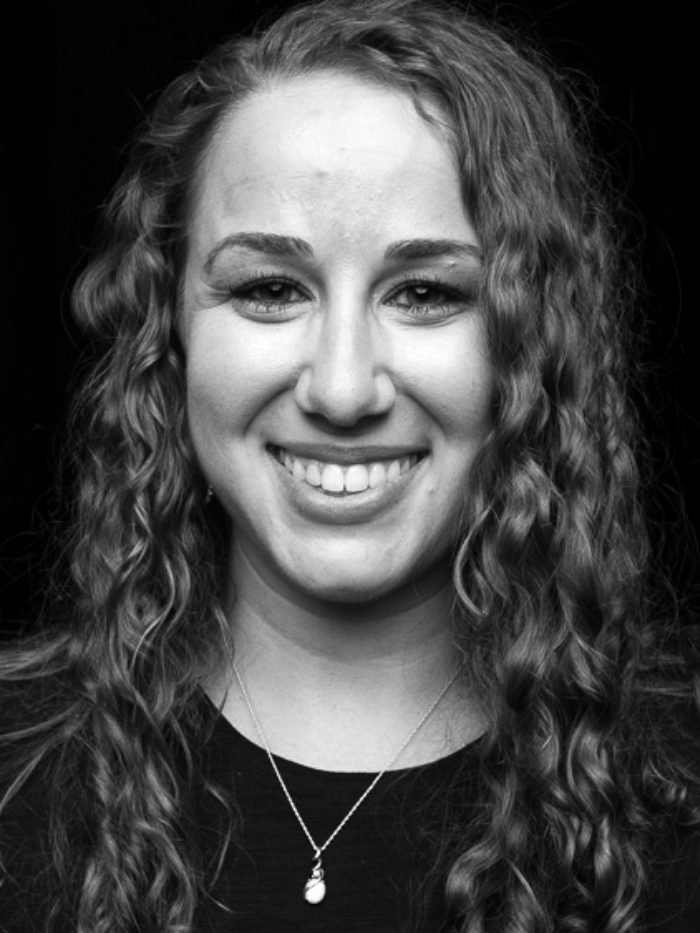Katie’s take on:
Choosing digital marketing platforms.
A good digital marketing strategy requires both big-picture and close-up views. Katie learned this in her years helping businesses create TV and digital advertising campaigns in Colorado Springs, before she joined DH.
Maybe you’re dreaming of Facebook ads. But how many people in your target audience spend time there? “Facebook is a pond. TV, for example, is an ocean,” as Katie says. Maybe your marketing plan needs an ocean.
At the same time, digital marketing allows for a highly targeted approach, so once you’ve chosen the best pond or ocean or mix of bodies of water, you can put your relevant message in front of the people who want to hear it. Maybe you need a tributary, a digital channel flowing directly to the folks most likely to be receptive to your message.
Katie says:
It’s about looking at it from a holistic approach, but also making sure the messaging is going to the right person. Because that’s when it’s effective.
Analytics as truth.
When you’re paying for digital ads to draw people to your website, it’s good to know how well they’re working — so you can adjust your plan in real time to maximize your budget. For that, you need accurate, timely and relevant data. Katie likes Google Analytics, because it’s an accessible platform that measures your advertising ROI in detail.
How long are people staying on your site? What are your users’ demographics? Which pages are performing best? When you know how people are engaging with your site, you can correlate that data with tactics such as digital ads.
“Google Analytics really shows a normal person, a business owner, what is going on in the back end of their website,” Katie says. “To geeky people who like analytics and reporting and data and measurable things, that’s what’s interesting.”
Lessons on and off the volleyball court.
A longtime player, Katie coached club volleyball for four years under USA Volleyball. At team tryouts, she looked for athletic ability, but also coachability — kids’ response to direction — and communication and leadership skills.
Katie wanted to help student-athletes develop life skills, along with volleyball skills. During regular one-on-one conversations, she invited players to talk about anything on their minds, not just volleyball. During travel, she taught them how to be courteous in restaurants, how to check a bag at the airport, how to tip service workers — “just being a good person.”
She built good relationships and helped teenagers grow into resilient young adults. “As much as they drove me crazy a lot of times,” she says, “I also learned a ton from them.”
Education
Bachelor’s degree, public relations, Gonzaga University




